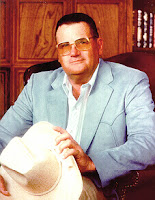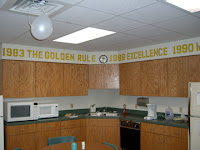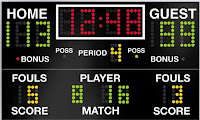
The sounds of mourning could be heard recently all over the Dallas-Ft. Worth MetroPlex as the Dallas Cowboys lost in their bid to go the Super Bowl. Nevertheless, the Cowboys have had a great first season under the leadership of head coach Wade Phillips. Coach Phillips was initially mentored into coaching by another football coaching great, his father, Bum Phillips.
About 15 years ago I had the opportunity to meet and get to know Bum. He taught me many football coaching principles that apply to business and to life. One of those lessons was that in professional football, a player will spend 60 minutes of practice each week for every 60 seconds of actual game day play. That is a lot of practice!
So how much “practice” have you and your team had in the areas that really count in your office? Areas like building your clinical protocols, improving your verbal skills, analyzing your numbers to see where quality care can be improved. How much are you really “practicing” or are you just playing the game each day.
Winning teams find practical ways to “practice” in the areas that make the biggest difference.
Have a great week of “practice” as well as some great game days!





